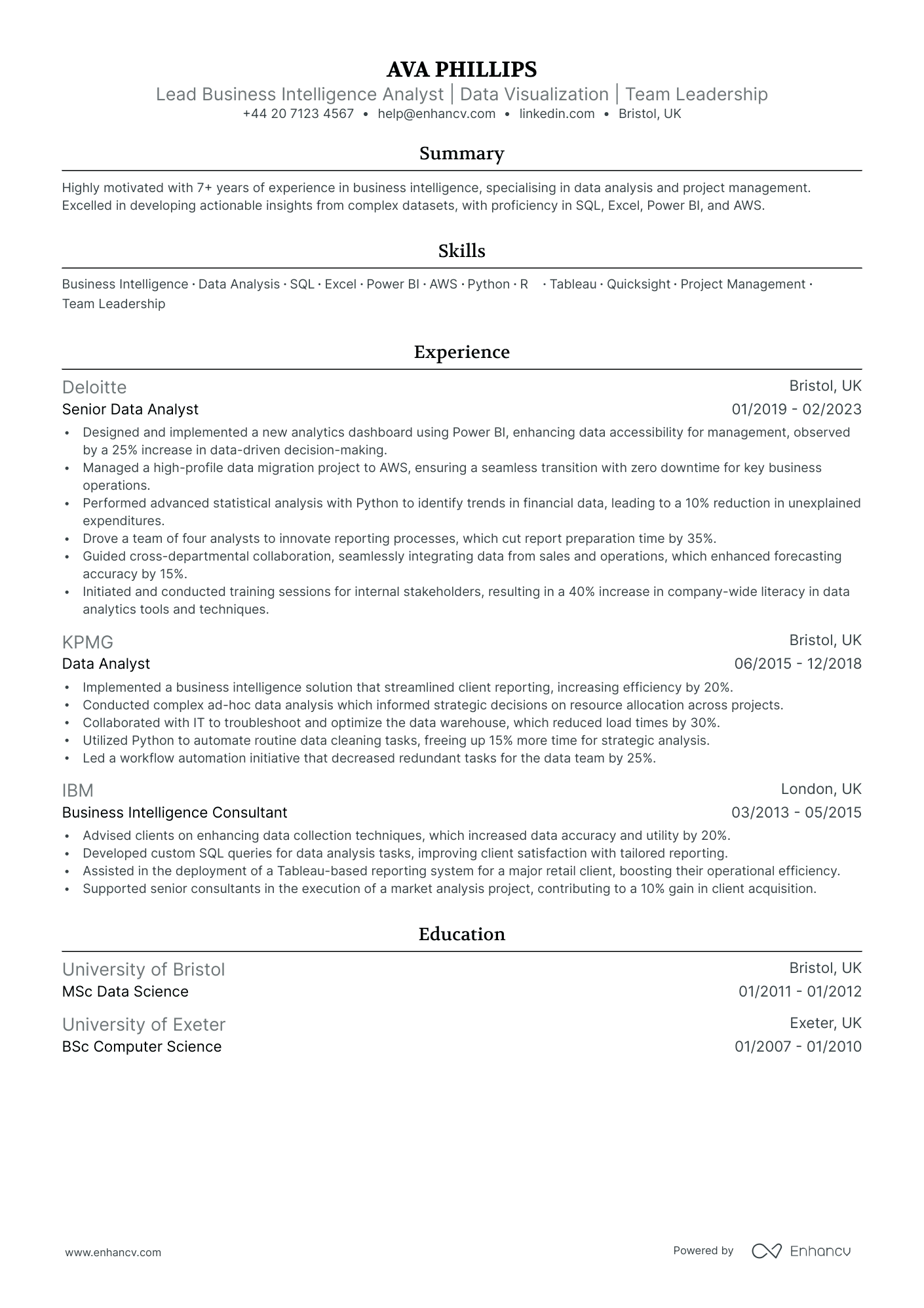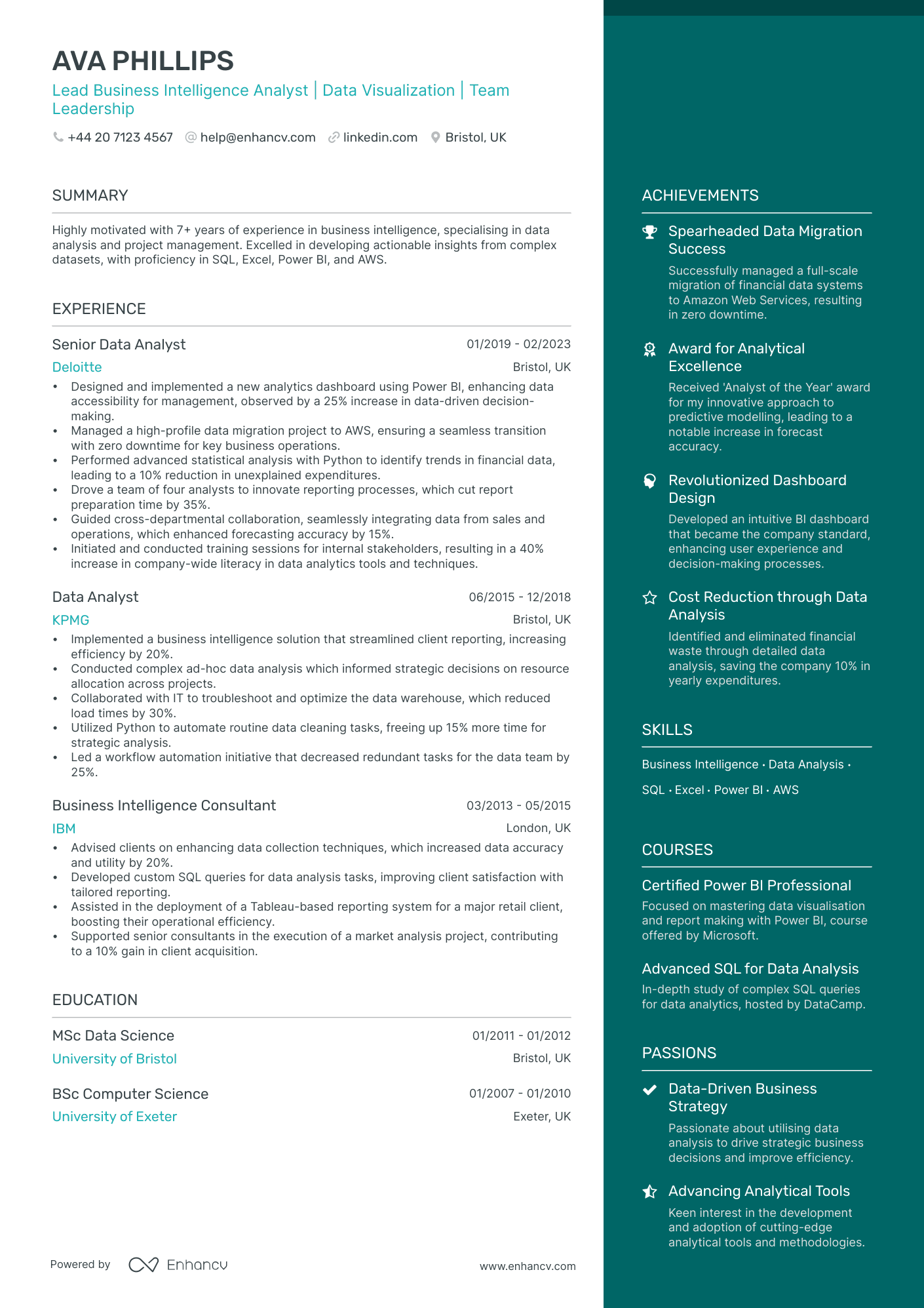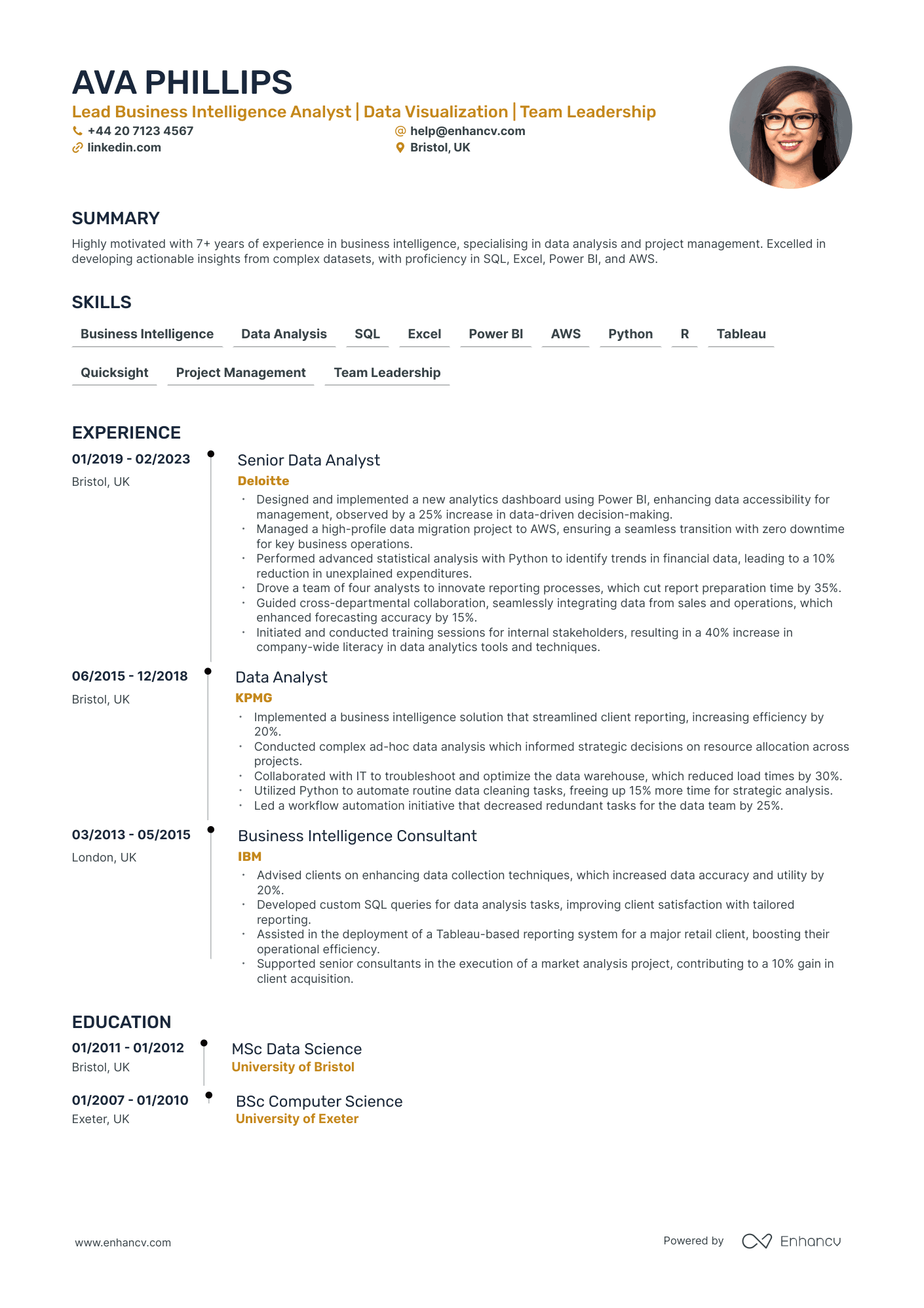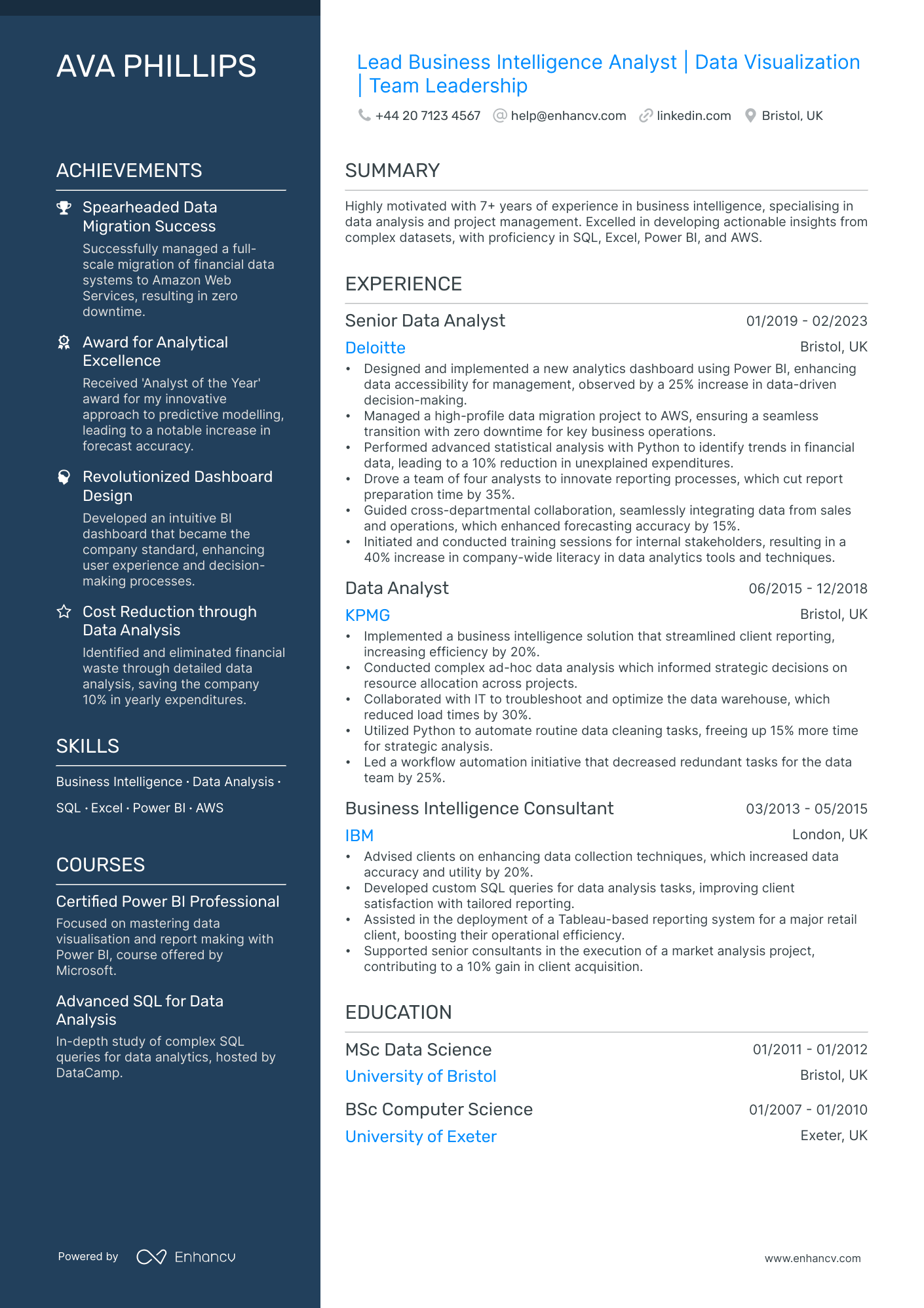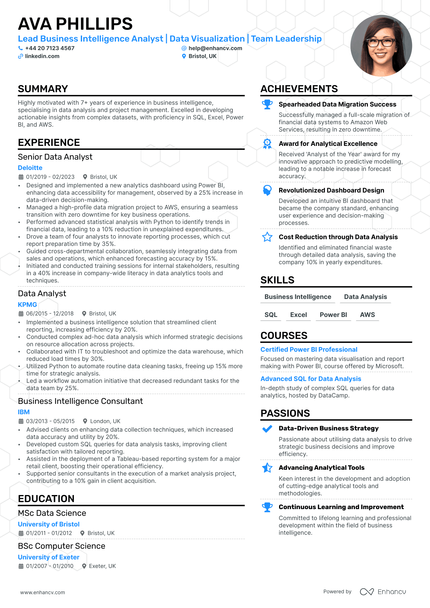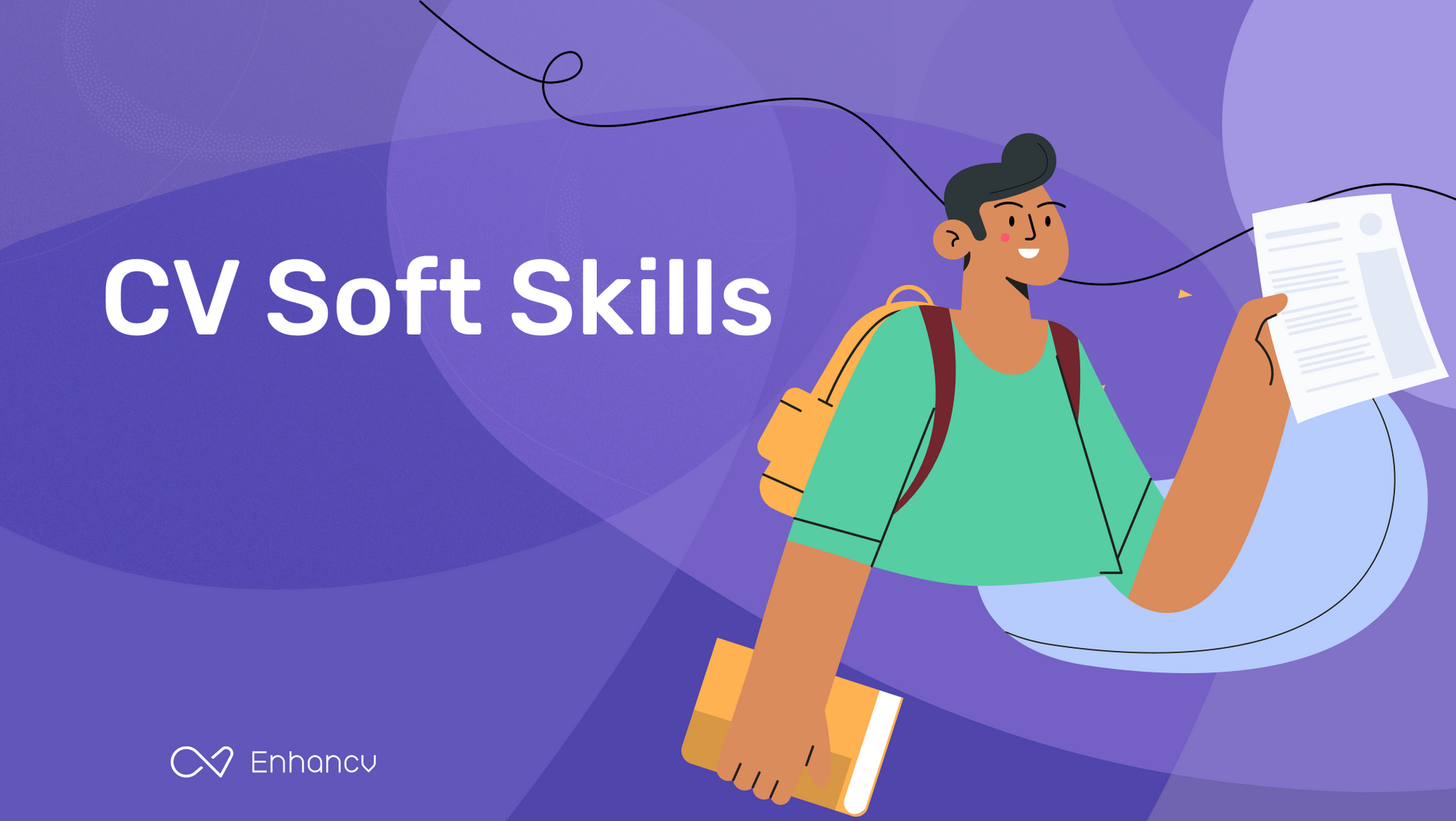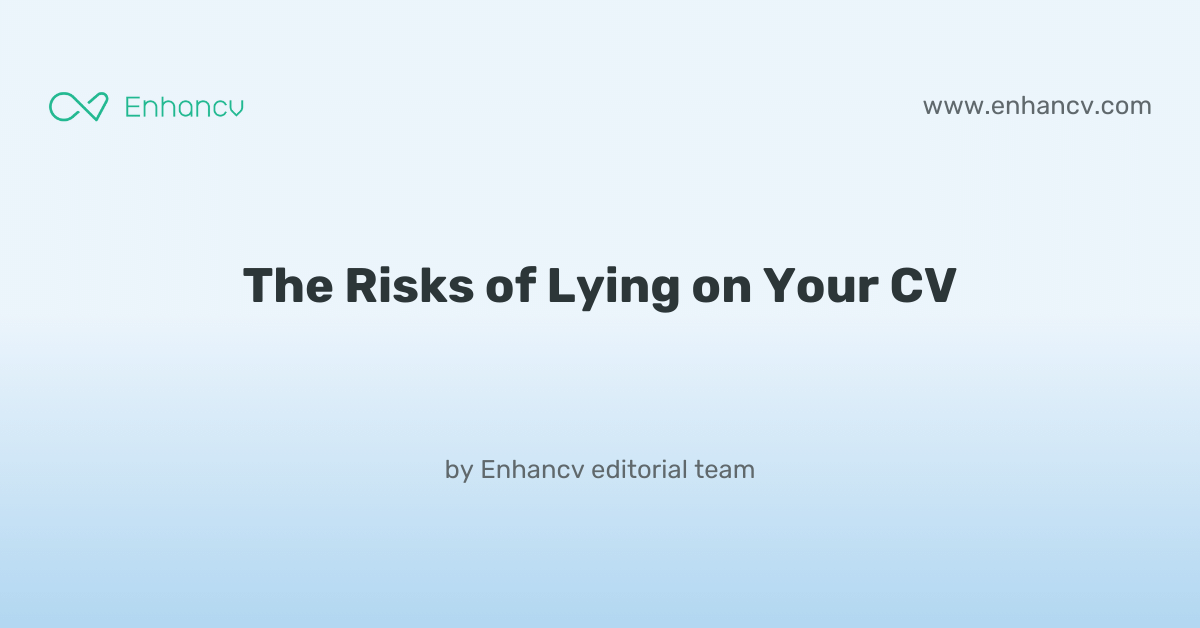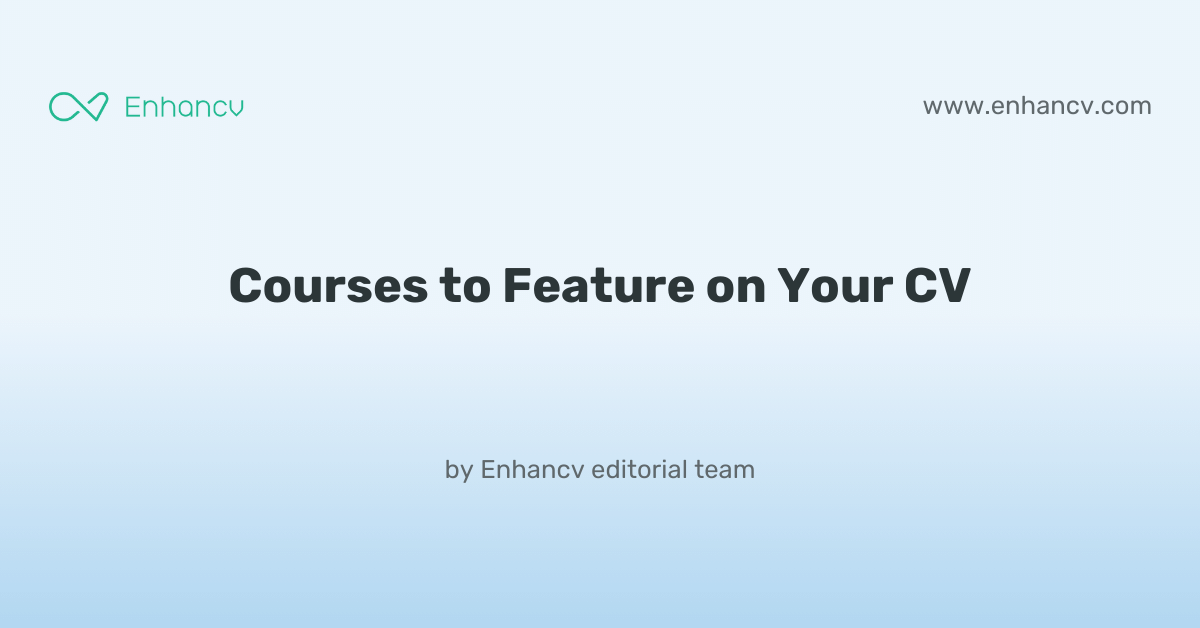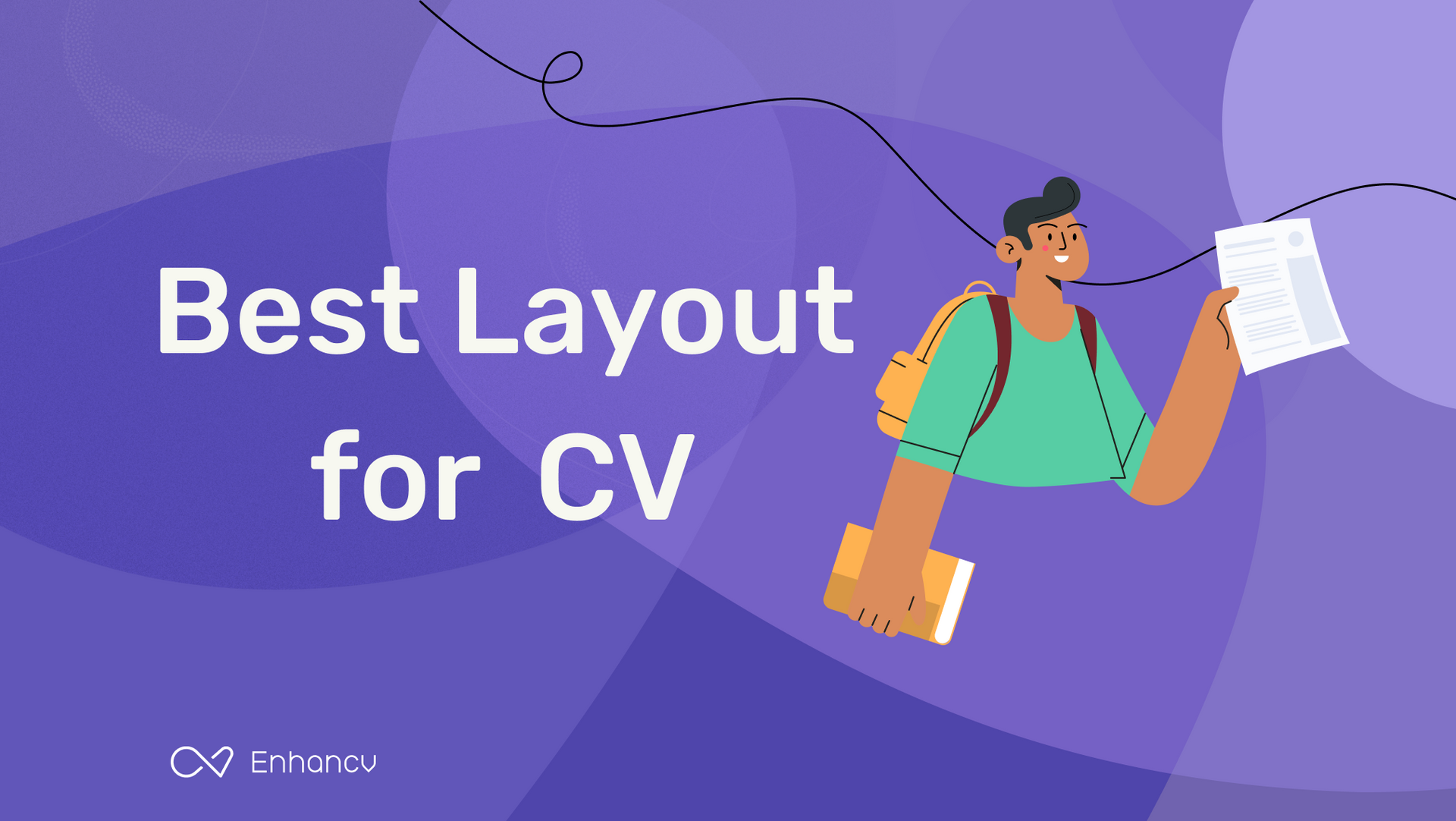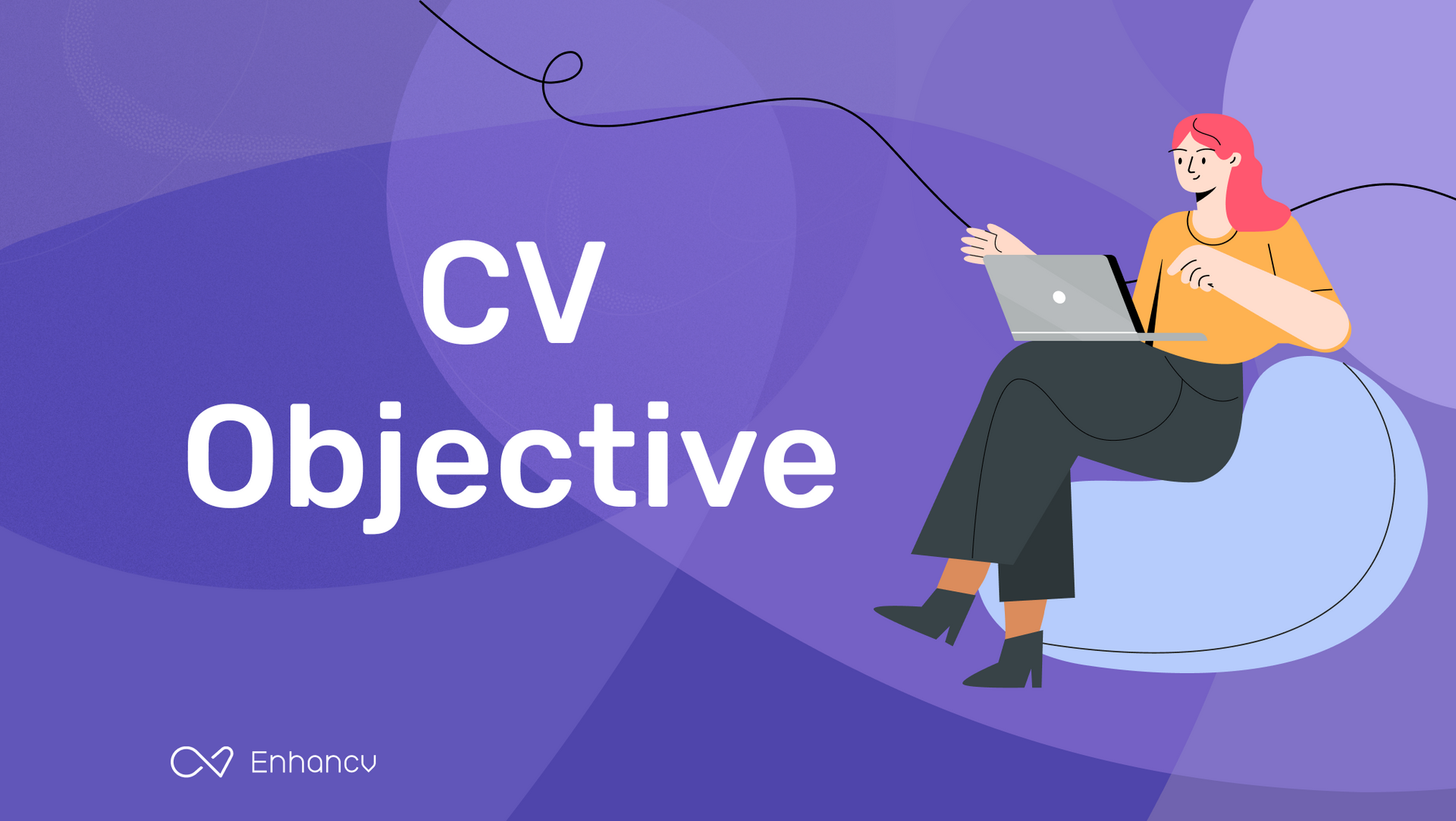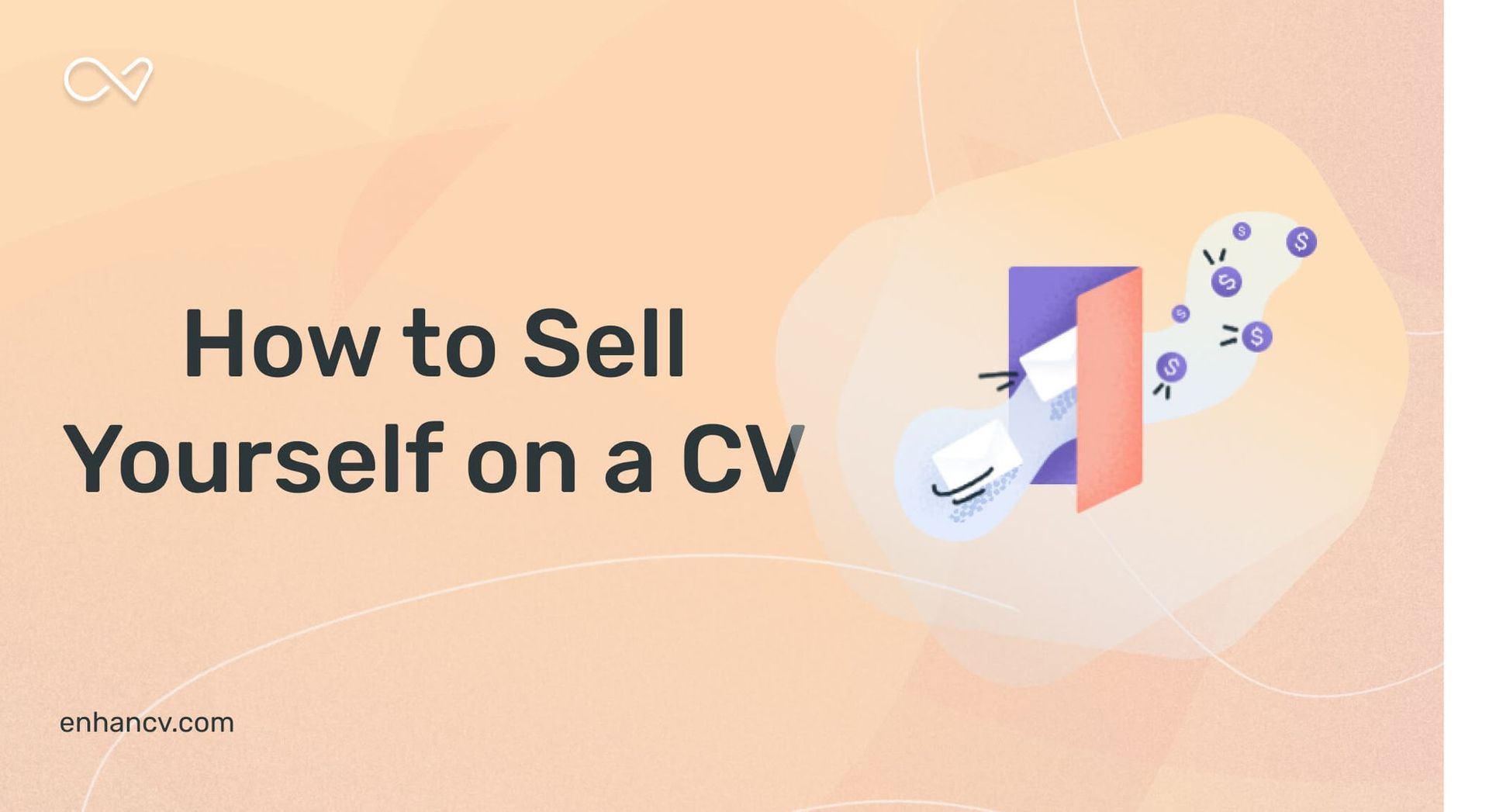Balancing the accuracy and speed of data analysis in business intelligence can prove to be a complex CV challenge. Our guide offers practical strategies to streamline your computer vision tasks, ensuring you can extract meaningful insights rapidly and efficiently.
- Create an attention-grabbing header that integrates keywords and includes all vital information;
- Add strong action verbs and skills in your experience section, and get inspired by real-world professionals;
- List your education and relevant certification to fill in the gaps in your career history;
- Integrate both hard and soft skills all through your CV.
Discover more industry-specific guides to help you apply for any role in the links below:
- Investment Manager CV Example
- Business Owner CV Example
- Business Development Executive CV Example
- Category Manager CV Example
- Business Development CV Example
- Small Business Owner CV Example
- IT Business Analyst CV Example
- Manager CV Example
- Business Analyst CV Example
- Junior Business Analyst CV Example
Structuring your business intelligence CV layout: four factors to keep in mind
There are plenty of best practices out there for your CV layout and design. At the end of the day, a clear format and concise CV message should be your top priority. Use your CV design to enhance separate sections, bringing them to the forefront of recruiters' attention. At the same time, you can write content that:- Follows the reverse chronological order in the experience section by first listing your most recent jobs;
- Incorporates your contact information in the header, but do skip out on the CV photo for roles in the UK;
- Is spotlighted in the most important sections of your CV, e.g. the summary or objective, experience, education, etc. to show just how you meet the job requirements;
- Is no longer than two-pages. Often, the one-page format can be optimal for your business intelligence CV.
Before submitting your CV, you may wonder whether to export it in Doc or PDF. With the PDF format, your information and layout stay intact. This is quite useful when your CV is assessed by the Applicant Tracker System (or the ATS) . The ATS is a software that scans your profile for all relevant information and can easily understand latest study on the ATS , which looks at your CV columns, design, and so much more.
PRO TIP
For certain fields, consider including infographics or visual elements to represent skills or achievements, but ensure they are simple, professional, and enhance rather than clutter the information.
The top sections on a business intelligence CV
- Professional Summary showcases your overarching BI expertise and value proposition to the employer.
- Core BI Skills highlights specific technical skills that are crucial for BI roles such as SQL, data analytics, and reporting.
- Work Experience details your past roles and achievements related to business intelligence, emphasizing analytical projects.
- Education & Certifications presents your relevant academic background and any BI-specific credentials like a Certified Business Intelligence Professional.
- BI Tools Proficiency lists the software and tools you are adept in, such as Tableau, Power BI, or Hadoop, which are essential for the role.
What recruiters value on your CV:
- Highlight your proficiency with BI tools such as Tableau, Power BI, or Qlik by detailing your experience in creating dynamic dashboards and reports that have driven data-driven decisions.
- Emphasise your analytical skills, providing examples of how you've identified trends, performed complex data analysis, and offered actionable insights that contributed to strategic business initiatives.
- Showcase your experience in data warehousing, ETL processes, and database management, explaining how you've managed large datasets to ensure integrity and accessibility for stakeholders.
- Demonstrate your understanding of business processes and requirements gathering by detailing your collaboration with different departments to tailor BI solutions that meet specific organisational needs.
- Illustrate your project management abilities by describing successful BI projects you've led or contributed to, including the use of Agile or other methodologies to deliver results on time and within budget.
Recommended reads:
Making a good first impression with your business intelligence CV header
Your typical CV header consists of Your typical CV header consists of contact details and a headline. Make sure to list your professional phone number, email address, and a link to your professional portfolio (or, alternatively, your LinkedIn profile). When writing your CV headline , ensure it's:
- tailored to the job you're applying for;
- highlights your unique value as a professional;
- concise, yet matches relevant job ad keywords.
You can, for examples, list your current job title or a particular skill as part of your headline. Now, if you decide on including your photo in your CV header, ensure it's a professional one, rather than one from your graduation or night out. You may happen to have plenty more questions on how to make best the use of your CV headline. We'll help you with some real-world examples, below.
Examples of good CV headlines for business intelligence:
- Business Intelligence Analyst | Data Visualisation Specialist | SQL Expert | Tableau Certified | 3 Years Experience
- Senior BI Consultant | Big Data Analysis | ML Insight Generation | Prince2 Practitioner | 10+ Years
- Lead Data Scientist | Predictive Modelling | Python & R Proficient | PhD in Data Analytics | 8 Years
- Business Intelligence Manager | Strategic Decision Support | Cloud Analytics | MBA Holder | 12 Years Track Record
- Junior BI Developer | ETL Process Design | Graduate with Honours | Keen on AI Applications | 2 Years
- BI and Analytics Director | Corporate Data Governance | Advanced Metrics | Cognos Mastery | 15+ Years Leadership
What's the difference between a business intelligence CV summary and objective
Why should it matter to you?
- Your business intelligence CV summary is a showcasing your career ambitions and your unique value. Use the objective to answer why your potential employers should hire you based on goals and ambitions. The objective is the ideal choice for candidates who happen to have less professional experience, but still meet some of the job requirements.
Before you select which one will be more relevant to your experience, have a look at some industry-leading CV summaries and objectives.
CV summaries for a business intelligence job:
- Highly analytical Business Intelligence Analyst with over 5 years of experience in data analytics, specialising in predictive modelling, data mining, and insightful reporting. Proficient in SQL, Python, and Tableau with a proven track record of increasing revenue by 20% through data-driven strategies at a multinational corporation.
- Dynamic Financial Analyst transitioning to the Business Intelligence industry, bringing extensive experience in budget forecasting and performance metrics analysis. Equipped with an MBA and proficiency in advanced Excel features, eager to leverage my 8-year analytical background to uncover actionable insights and drive informed decision-making.
- Accomplished Marketing Manager pivoting into Business Intelligence, harnessing a decade of brand-building expertise. Skilful in using CRM tools and Google Analytics to shape marketing strategies. Enthusiastic about utilising data to fuel strategic growth and improve customer acquisition campaigns.
- Seasoned Business Intelligence professional with 10 years of experience wielding data to transform strategic planning and operational efficiency. Mastery of BI tools like Power BI and SAS; played a pivotal role in elevating a retail chain’s market share by 15% through sophisticated data visualisation and market trend analysis.
- Motivated recent graduate with a degree in Computer Science, eager to specialise in Business Intelligence. Keen to apply my strong foundation in machine learning and big data, and my dedication to problem-solving, to contribute to a dynamic team and develop actionable business solutions through data.
- Aspiring Business Analyst with a passion for transforming complex data into compelling business narratives. With a fresh BSc in Statistics and a minor in Business Administration, I am determined to learn swiftly, provide accurate analytical support, and help drive strategic decisions through rich data interpretation.
More detailed look into your work history: best advice on writing your business intelligence CV experience section
The CV experience is a space not just to merely list your past roles and responsibilities. It is the CV real estate within which you could detail your greatest accomplishments and skills, while matching the job requirements. Here's what to have in your experience section:
- Prove you have what the job wants with your unique skill set and past successes;
- Start each bullet with a strong, action verb, and continue with the outcome of your responsibility;
- Use any awards, nominations, and recognitions you've received as solid proof of your skill set and expertise;
- align your experience with the role responsibilities and duties.
For more help on how to write your CV experience section, check out the next section of our guide:
Best practices for your CV's work experience section
- Developed and implemented comprehensive business intelligence solutions that increased data-driven decision-making, resulting in a 20% boost in year-on-year revenue.
- Leveraged advanced knowledge of SQL and data warehousing techniques to streamline data extraction processes, enhancing reporting efficiency by 30%.
- Designed interactive dashboards and reports using Tableau, providing actionable insights that contributed to a 15% reduction in operational costs.
- Managed a team of BI analysts, fostering a culture of continuous improvement and professional development that led to a 10% increase in team productivity.
- Initiated a data governance framework that ensured data integrity, accuracy and compliance with GDPR regulations, safeguarding against potential legal issues.
- Conducted comprehensive market analysis using predictive analytics tools, which informed strategic planning and resulted in a successful entry into two new market segments.
- Collaborated with cross-functional teams to identify key performance indicators, streamlining the data collection process and improving the quality of management reports.
- Optimised ETL processes and maintained a data warehouse that supported over 500 active users, ensuring consistent uptime and performance standards.
- Presented insightful business intelligence findings to executive stakeholders, effectively communicating complex data concepts to inform critical business decisions.
- Led the development of an advanced analytics dashboard that consolidated data from multiple sources, improving decision-making efficiency by 30% for senior management
- Orchestrated the migration of legacy BI systems to a modern cloud-based platform, which enhanced data processing speeds by 50% and supported the company’s scalability objectives
- Implemented data governance protocols that bolstered data integrity, leading to an increase in the trust and reliance on BI reports by department heads for strategic planning
- Constructed and maintained ETL pipelines for the finance sector, which streamlined the extraction of insights from financial transactions of over £2 billion annually
- Spearheaded a cross-departmental initiative to create a self-service BI tool that empowered non-technical users to generate custom reports, leading to a 40% reduction in ad hoc reporting requests
- Collaborated on the development of predictive models that accurately forecasted quarterly sales trends, directly influencing the sales strategy and contributing to a 15% increase in quarterly revenue
- Facilitated a company-wide data literacy program for a retail client, significantly enhancing employees’ ability to interpret BI dashboards and use insights in their daily operations
- Customized a mobile BI solution to allow real-time data access for remote sales teams, which led to a 25% improvement in customer engagement and sales conversion rates
- Assessed client business processes and provided actionable BI recommendations that addressed bottlenecks, resulting in a 20% increase in operational efficiency
- Designed strategic KPIs and established benchmarking practices that were integral to tracking performance against goals, driving a culture of continuous improvement
- Executed a comprehensive data warehouse overhaul which allowed the extraction and analysis of historical data, leading to more informed long-term business planning
- Engaged with key stakeholders to translate complex technical data findings into actionable business insights, enhancing interdepartmental communication and strategy alignment
- Played a key role in a project that significantly improved data processing times by redesigning and optimizing the data warehouse architecture
- Developed a comprehensive training programme for new BI tools, leading to a 50% upsurge in tool adoption and proficiency among business users within six months
- Authored a suite of BI reports that delivered insights into customer purchasing patterns, driving targeted marketing efforts and increasing customer retention by 10%
- Architected a scalable and secure BI framework that accommodated the company’s growing data needs, successfully supporting a user base that increased by threefold without compromising performance
- Led a multidisciplinary team in the integration of a new CRM system with existing BI tools, creating a 360-degree view of the customer journey that improved customer service response times by 20%
- Drove the adoption of BI best practices across the organisation, culminating in enhanced data quality and a 35% decrease in reporting errors
- Oversaw the BI department's daily operations, ensuring that business intelligence deliverables were consistently aligned with company objectives and timelines
- Initiated and directed a data quality initiative that resolved historical data issues, resulting in a 45% improvement in the accuracy of reporting outputs
- Coordinated the transition to a more agile BI development process, which reduced project cycles by 30% and boosted cross-functional team collaboration
- Directed a team in delivering a complex BI solution for analyzing real-time streaming data, which enabled immediate actionable insights for operational efficiency improvements
- Implemented a machine learning model to predict and optimize inventory levels across multiple warehouses, resulting in a 20% reduction in stockouts and overstock costs
- Championed the integration of BI solutions with collaborative work management platforms, significantly enhancing team productivity and strategic decision-making processes
Writing your CV without professional experience for your first job or when switching industries
There comes a day, when applying for a job, you happen to have no relevant experience, whatsoever. Yet, you're keen on putting your name in the hat. What should you do? Candidates who part-time experience , internships, and volunteer work.
Recommended reads:
PRO TIP
If you have experience in diverse fields, highlight how this has broadened your perspective and skill set, making you a more versatile candidate.
The CV skills' divide: between hard and soft skills
Of course, you may have read the job requirements plenty of times now, but it's key to note that there is a difference between technical and personal skills. Both are equally relevant to your job application. When writing about your skill set, ensure you've copy-pasted the precise skill from the job requirement. This would not only help you ensure you have the correct spelling, but also pass any Applicant Tracker System (ATS) assessments.
- Hard skills show your technological capabilities. Or whether you'll be a good technical fit to the organisation. Ensure you've spotlighted your hard skills in various sections of your CV (e.g. skills section, projects, experience) by including the technology and what you've attained;
- Soft skills pinpoint your personality and people or communication skills, hinting at if you'll easily accomodate into the team or organisation. Quantify your soft skills in your CV achievements, strengths, summary/objective, and experience sections. Always support your soft skills with how they've helped you grow as a professional.
Top skills for your business intelligence CV:
Data Analysis
SQL
Business Intelligence Tools (e.g., Power BI, Tableau)
Data Warehousing
ETL Processes
Report Development
Database Management
Data Modelling
Predictive Analytics
Data Visualisation
Analytical Thinking
Problem-Solving
Attention to Detail
Communication
Project Management
Time Management
Collaboration
Adaptability
Critical Thinking
Continuous Learning
PRO TIP
Order your skills based on the relevance to the role you're applying for, ensuring the most pertinent skills catch the employer's attention first.
CV education and certificates: your academic background as proof of your skill set
A common misconception about your business intelligence CV education is that you only need it, if you have less professional experience. That is completely false. The CV education section serves to back up your technical (and sometimes personal) capabilities, fill in gaps in your work history, and show you have the initial industry background and know-how. When creating your education section:
- List your degrees in the reverse chronological order, starting with the most recent (and relevant) ones first;
- Include your degree and university names, start and graduation dates. It's optional to also denote you received a "First-Class Honours" for diplomas that are more relevant to the role;
- Curate your relevant university coursework, projects, or thesis work if you happen to have less professional expertise and need to integrate more job keywords and skills.
Your professional qualifications don't need to stop at your academic background. It's advisable to also select up to three of your most noteworthy (and relevant) industry certificates and feature them in a dedicated section. Once more, include the certificate name, the institution that issued it out, and the date you obtained it on. You could feature both hard skills and soft skills certificates, as in the examples below:
PRO TIP
Focus on describing skills in the context of the outcomes they’ve helped you achieve, linking them directly to tangible results or successes in your career.
Recommended reads:
Key takeaways
Your successful job application depends on how you well you have aligned your business intelligence CV to the job description and portrayed your best skills and traits. Make sure to:
- Select your CV format, so that it ensures your experience is easy to read and understand;
- Include your professional contact details and a link to your portfolio, so that recruiters can easily get in touch with you and preview your work;
- Write a CV summary if you happen to have more relevant professional experience. Meanwhile, use the objective to showcase your career dreams and ambitions;
- In your CV experience section bullets, back up your individual skills and responsibilities with tangible achievements;
- Have a healthy balance between hard and soft skills to answer the job requirements and hint at your unique professional value.
